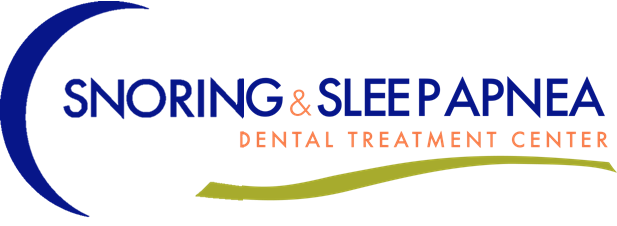Do you know the risks of inadequate sleep?
You eat well, you exercise, you hydrate – you should be the picture of health. Right? Science is proving that there are 4 pillars of health and the missing component in today’s busy lives is often sleep.
Sleep seems like a simple, daily function that, when we sleep well, allows us to wake with a feeling of being refreshed, and full of energy and vitality. We can see the emotional aspects too, smiling is an easier response, stress is more manageable, responses are often more positive. So while sleep feels simple, in truth it is a complex and essential biological process that plays a crucial role in maintaining physical and mental health. It involves multiple stages and cycles, regulated by intricate neurological and hormonal systems.
Scientists now tell us sleep supports several critical functions, including brain function/memory consolidation, physical healing and restoration, emotional regulation and detoxification.
These 4 processes happen during sleep cycles that run about 90 minutes each.
1. Non-Rapid Eye Movement (NREM) Sleep includes stages of light sleep, deeper relaxation and deep sleep. During these stages you transition from wakefulness to a slower heart rate and lower body temperature into deep sleep where the greatest amount of restoration takes place. This phase is essential for physical repair and immune function.
2. Rapid Eye Movement (REM) Sleep occurs about 90 minutes after falling asleep and is the stage where brain activity increases, vivid dreaming happens, and emotional processing takes place.
These cycles then repeat several times during the night, taking you back through the NREM stages and re-entering REM sleep, with each cycle. As night progresses, you spend less time in deep NREM sleep and more time in REM sleep.
Insufficient sleep can have serious short-term and long-term effects on your body and mind. Sleep deprivation disrupts essential functions and can lead to significant health issues. Among them:
Cognitive Issues – Poorer: concentration, decision-making, focus, memory, reaction times.
Mood Changes – Irritability, increased feelings of stress, emotional swings.
Weakened Immune System – Higher susceptibility to infections and slower recovery.
Reduced productivity/Increased Risk of Accidents – Greater chance of car accidents and workplace errors.
There are also long-term effects to your health
Studies show that people suffering from long-term sleep deprivation show a higher rate of:
1. Heart Disease & High Blood Pressure
2. Obesity & Metabolic Disorders
3. Diabetes
4. Mental Health Issues
5. Neurodegenerative Diseases (like Parkinson’s or Alzheimer’s diseases)
6. Shortened Lifespan
An example of this is our patient Bob, a workaholic, who strove to be the hardest and most valuable worker in his office. He survived on coffee, energy drinks, and sheer willpower, and avoided sleep because it was for the weak. Now he finds himself suffering from grogginess, inability to focus, “lost words,” trouble remembering simple facts, and even nodding off at the steering wheel when stopped in traffic.
But there is hope!! There are simple ways of managing these sleep issues that will help to improve your health, mood and performance. Patients who experience disrupted sleep, because they have untreated sleep apnea themselves, sleep with someone who does, or because they have poor sleep habits often exhibit the same symptoms. Most of us can relate to what it feels like when we’ve had just a single night of poor sleep.
The simple act of sleep seems simple, but it has far-reaching benefits to everyone. If your sleep is inadequate, interrupted, or worse, non-existent, take the time to double check your sleep environment, your sleep schedule and your attitude toward sleep. Talk to your doctor, visit us at www.snoringandsleepapneamn.com or call our office. We’re here to help.

